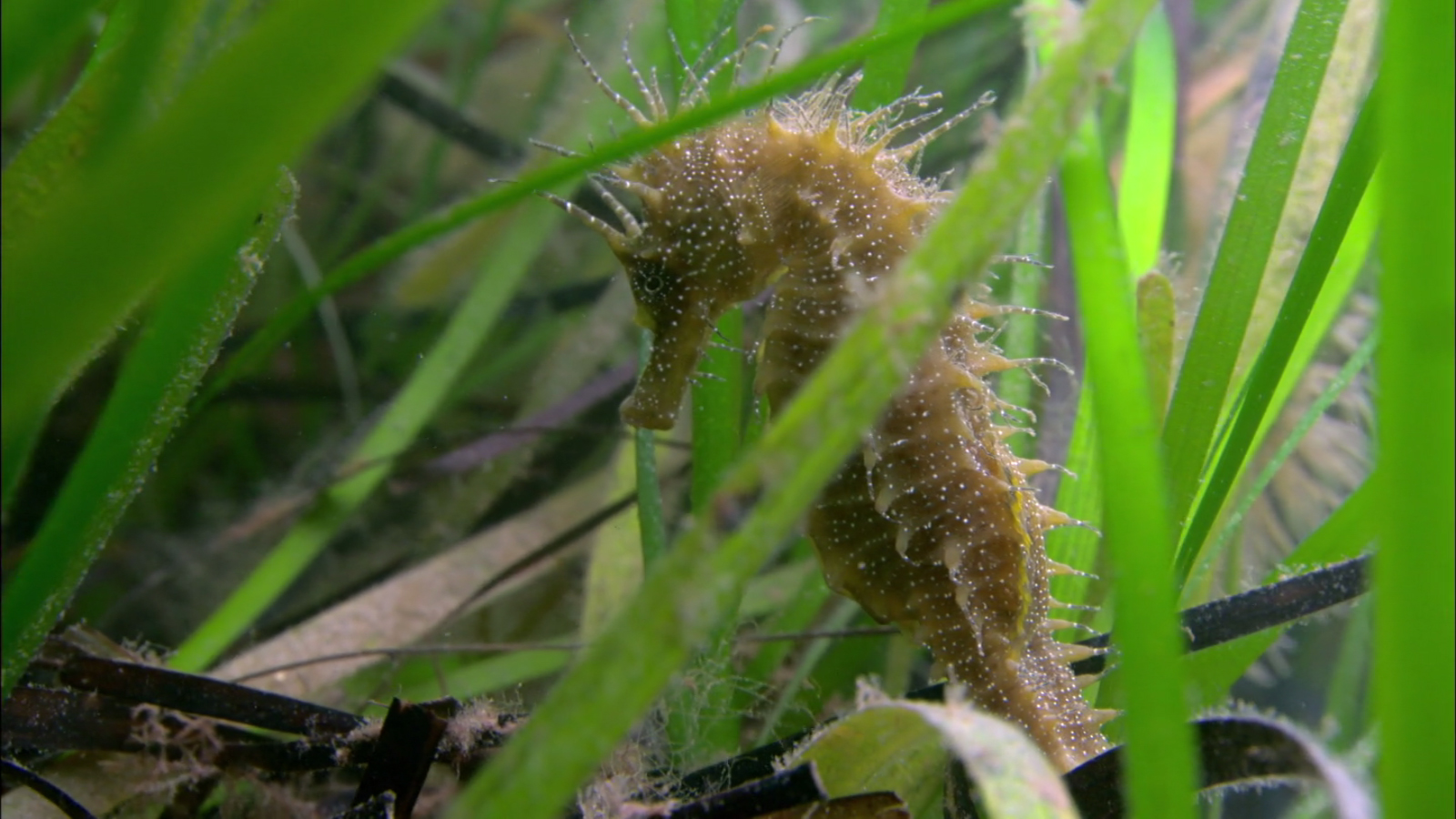Consultation on the Third Tranche of Marine Conservation Zones.
Overview
This consultation is to seek your views on the proposals to designate 41 new Marine Conservation Zones (MCZs) and to add new features for conservation in 12 existing MCZs.
The UK is surrounded by some of the richest and most diverse sea life in the world. The sites proposed in this consultation protect a range of rare and threatened species and habitats found in our seas, including: seahorses in seagrass meadows; blue mussel beds supporting sea snails and crabs; cold-water coral reefs with starfish, anemones and sponges; and deep water mud habitats with cockles and sea urchins.
Together with other types of Marine Protected Areas (MPAs), these proposed sites will substantially complete the ecologically coherent network of MPAs around our shores, helping to deliver the UK Government and Administrations’ vision of clean, healthy, safe, productive and biologically diverse oceans and seas.
We have been working with the Devolved Administrations, the Joint Nature Conservation Committee and Natural England to take stock of the habitats and species protected in existing and planned MPAs and fill residual gaps within the network. The features protected in these proposed sites have been chosen to fill gaps in the current network, such as where a species or habitat is currently not protected in a region, or where only a very small proportion is protected.
The proposed network will cover approximately 11,700 km2, bringing the total area of protection to over 32,000 square km.
The closing date for the consultation is 20th July 2018.
If you would like to keep in contact with us, to express interest in this any other Defra consultation. Please give us your details through the link below.
https://gov.smartwebportal.co.uk/defra/public/webform.asp?id=108&id2=1D06F7
Why your views matter
 Long-snouted seahorse © Doug Anderson
Long-snouted seahorse © Doug Anderson
The purpose of this consultation is to seek your views on whether it would be appropriate to designate each of the proposed 41 MCZs in the third tranche. We are also seeking your views on adding features for protection to 12 sites designated in the first and second tranche. It is also an opportunity to provide any relevant scientific or economic evidence that may not have previously been available
We welcome any additional evidence that stakeholders wish to submit on ecological value and the social and economic impacts. Evidence will need to meet certain quality standards. More information on this is provided in the consultation document.
The evidence that Defra collects during this consultation will be reviewed to ensure sites with important or unique marine life and geological features are protected, whilst ensuring long term economic security for coastal businesses.
Final decisions on which sites will be designated will take into account any relevant information submitted as part of this consultation. We will publish details of evidence received and a full Government response to these together with the final decisions on each site within 12 months. This will be placed on the consultations section of the Government web site.
Audiences
- Water/water Industry sector
- All Defra staff and ALBs
- All Marine Users
- Angling Organisations and Trade
- Animal welfare campaigners
- AWBs
- Beach Users
- Business/Private Sector
- Charities/Voluntary Organisations
- Coastal local authorities
- Coastal Management sector
- Coastal Members of Parliament
- Commercial Fisheries Organisations
- Consultants
- Consumer Groups
- Devolved Administrations
- Environmental campaigners
- Environmental Health Officers
- Environmental professional services
- Fisheries Producer Organisations
- Fishermen
- Fishing Focus individual recipients
- Government Agencies
- Government Departments
- Households
- IFCAs
- Land Agents
- Leisure industry
- Licensed Gangmasters
- Local Authorities
- National Park Authorities
- Non-Household Customers
- Policy Teams
- Ports and Harbour Authorities and Estuaries
- Professional and Membership Organisations/Agencies
- Public Bodies
- Recreation sector
- Shellfish Cultivators
- Tourism industry
- Trade Unions
- Walkers
Interests
- Access to countryside and coast
- Animals
- Areas of Outstanding Natural Beauty
- Bathing waters
- Biodiversity
- Chemicals and pesticides
- Climate change
- Common Fisheries Policy
- Common land
- Conservation
- Conservation
- Construction
- Consultations
- DEFRA Policy
- Ecosystems services
- Environmental Stewardship
- Fish stocks
- Green economy
- Green infrastructure
- Holiday Accommodation
- House Building and Planning
- Impact Assessments
- Inland waterways
- Local environments
- Local nature partnerships
- Marine
- Marine Conservation
- Marine Conservation Zones
- Marine fisheries
- Marine licensing
- National Adaptation Programme
- National Parks
- Natural environment
- Nature reserves
- Non-native species
- Plants
- Policy and Delivery
- Pollution Sector
- Recreational sector
- Resource Efficiency
- Retailers
- Rural Development Programme for England
- Rural economy and communities
- Rural Properties
- Science
- Sea angling
- Sewerage
- Shellfish
- Shellfish
- Skills, education, training and new entrants
- Sustainable development
- Tree and plant health
- Waste and recycling
- Water Bill
- Water conservation
- Water quality
- Watercourse maintenance
- Whales and dolphins

Share
Share on Twitter Share on Facebook